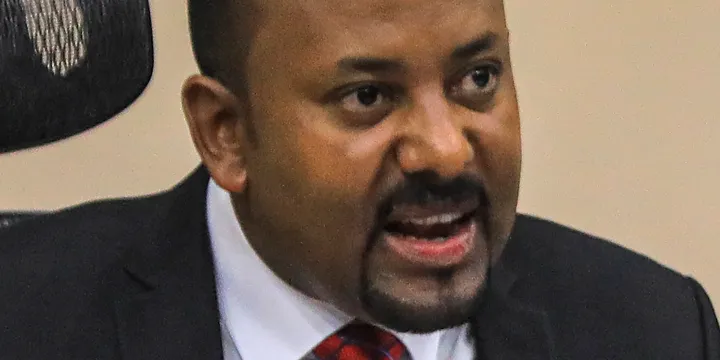Ethiopia, a nation with a large ethnic diversity, and home to approximately 112 million people. This demographic includes several ethnic groups, with the Oromo people being the most populous, representing over 34% of the population. Following them are the Amhara people, who constitute about 27%. The Tigrayan and Somali communities each account for roughly 6%, amidst a spectrum of other smaller ethnic groups.
In recent developments, Ethiopia has seen a significant uptick in government scrutiny and action. Thousands have been detained for voicing their dissent against the government’s handling of the conflicts in the Oromia and Amhara regions. This wave of arrests points to a broader context, possibly beginning with governmental criticism.

On December 10, amidst what was described as a security concern, Prime Minister Abiy Ahmed escalated measures against dissenters. Taye Dendea, a former state minister of peace, was arrested by the Federal Security and Intelligence Task Force. Following this, on December 11, Prime Minister Abiy Ahmed officially removed Taye from his ministerial position. While the dismissal letter thanked Taye for his contributions since October 2021, it notably left out the specific reasons for his termination.
Recently, there was a glimmer of hope when the Oromo militia engaged in negotiations with the government. The second round of talks, in particular, sparked optimism. However, this hope was short-lived as the talks ultimately failed. This breakdown in dialogue was followed by a series of violent attacks. A particularly grievous incident in November resulted in the deaths of over 50 civilians.

When Abiy Ahmed ascended to the role of Prime Minister of Ethiopia, Africa’s second most populous country, in 2018, he brought with him a vision of regional peace and unity. His approach was marked by youthful vigor and a promise of rejuvenation. His reassuring rhetoric was exemplified in his Nobel Prize acceptance speech, where he eloquently spoke of peace as a “labor of love.” However, in hindsight, these words have taken on an ironic tone.
Over the four years since that defining moment in December, Abiy Ahmed’s tenure has been marred by a succession of civil conflicts, ranking among the most devastating of this century. The major conflicts under his leadership include the Civil War in Tigray, which concluded last year, an ongoing conflict in the Amhara region, and the protracted Oromo issue. These events have perpetuated interethnic tensions throughout his prime ministership.

